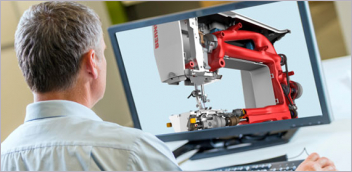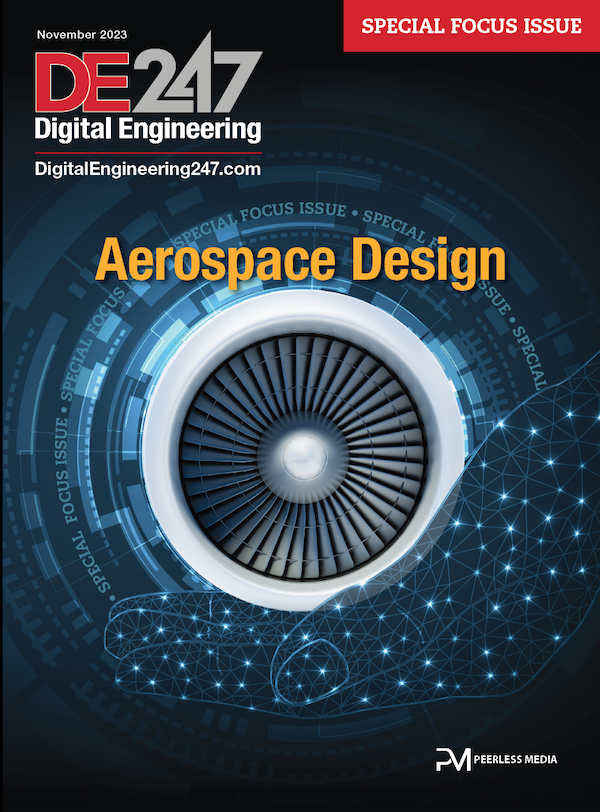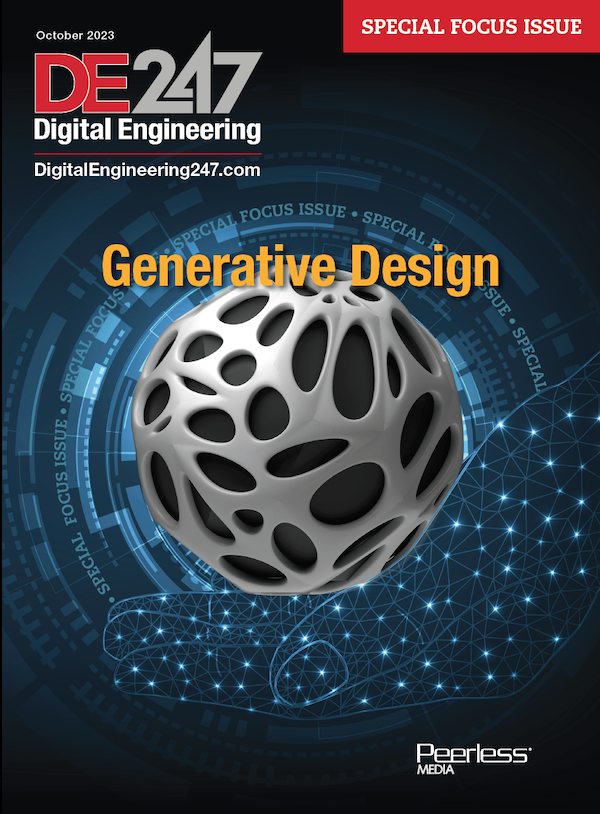15 Universities Picked for EcoCAR Electric Vehicle Challenge
Collegiate engineering teams to compete to advance clean transportation technology and accelerate transition to electric vehicles.

A collegiate research and experimental learning competition challenges hundreds of students to engineer novel technologies for battery electric vehicles. Image courtesy of the Department of Energy.
Latest News
April 28, 2022
The U.S. Department of Energy, in coordination with General Motors (GM) and MathWorks, launches the EcoCAR Electric Vehicle (EV) Challenge, a collegiate research and experimental learning competition that challenges hundreds of students to engineer novel technologies for battery electric vehicles through a combined $6 million investment. GM will provide student teams across 15 academic institutions—including five Minority Serving Institutions—with a Cadillac LYRIQ, the brand’s first all-electric vehicle, to develop and demonstrate technology that uses automation and vehicle-to-everything connectivity.
“These budding energy leaders are heeding President Biden’s call to get more Americans into EVs,” says U.S. Secretary of Energy Jennifer M. Granholm. “Collegiate competitions like EcoCAR are critical to building a clean energy talent pipeline that reflects the diversity of America and make room for more domestic manufacturing to strengthen our energy independence.”
Selected teams will demonstrate the potential of connected and automated vehicle technologies, which allow for semi-autonomous vehicles and advanced propulsion systems to improve energy efficiency. This technology may improve safety along roadways while supporting emissions reductions within the transportation sector. The teams will also use a combination of on-board sensors and bidirectional vehicle-to-everything connectivity to enable the export of electricity from electric vehicle batteries to other loads like recreational uses, homes or supporting the electrical grid.
Teams from the following universities have been selected to begin the competition this fall:
- Embry-Riddle Aeronautical University (Daytona Beach, FL) / Bethune-Cookman University (Daytona Beach, FL)
- Georgia Institute of Technology (Atlanta, GA)
- Illinois Institute of Technology (Chicago, IL)
- McMaster University (Hamilton, Ontario, Canada)
- Mississippi State University (Starkville, MS)
- Ohio State University (Columbus, OH) / Wilberforce University (Wilberforce, OH)
- University of Alabama (Tuscaloosa, AL)
- University of California, Riverside (Riverside, CA)
- University of California, Davis (Davis, CA)
- University of Texas, Austin (Austin, TX)
- University of Waterloo (Waterloo, Ontario, Canada)
- Virginia Tech (Blacksburg, VA)
- West Virginia University (Morgantown, WV)
The challenge will span four years and after each year, teams will be evaluated on their vehicle design and process. Each year, winning teams will be awarded prize money from EcoCAR sponsors to further support the their program. The EcoCAR EV Challenge, managed by DOE’s Argonne National Laboratory, builds on a 34-year history of DOE Advanced Vehicle Technology Competitions. More than 27,000 students from 93 educational institutions have participated to date, seeding the industry with engineers who have helped redefine the automobile over the last three decades.
To learn more about the participating schools and follow their progress, visit https://ecocarevchallenge.org.
Sources: Press materials received from the company and additional information gleaned from the company’s website.
More MathWorks Coverage
Subscribe to our FREE magazine, FREE email newsletters or both!
Latest News
About the Author
DE’s editors contribute news and new product announcements to Digital Engineering.
Press releases may be sent to them via DE-Editors@digitaleng.news.






